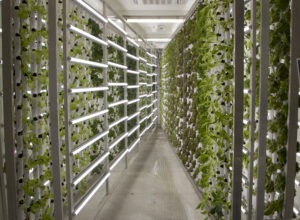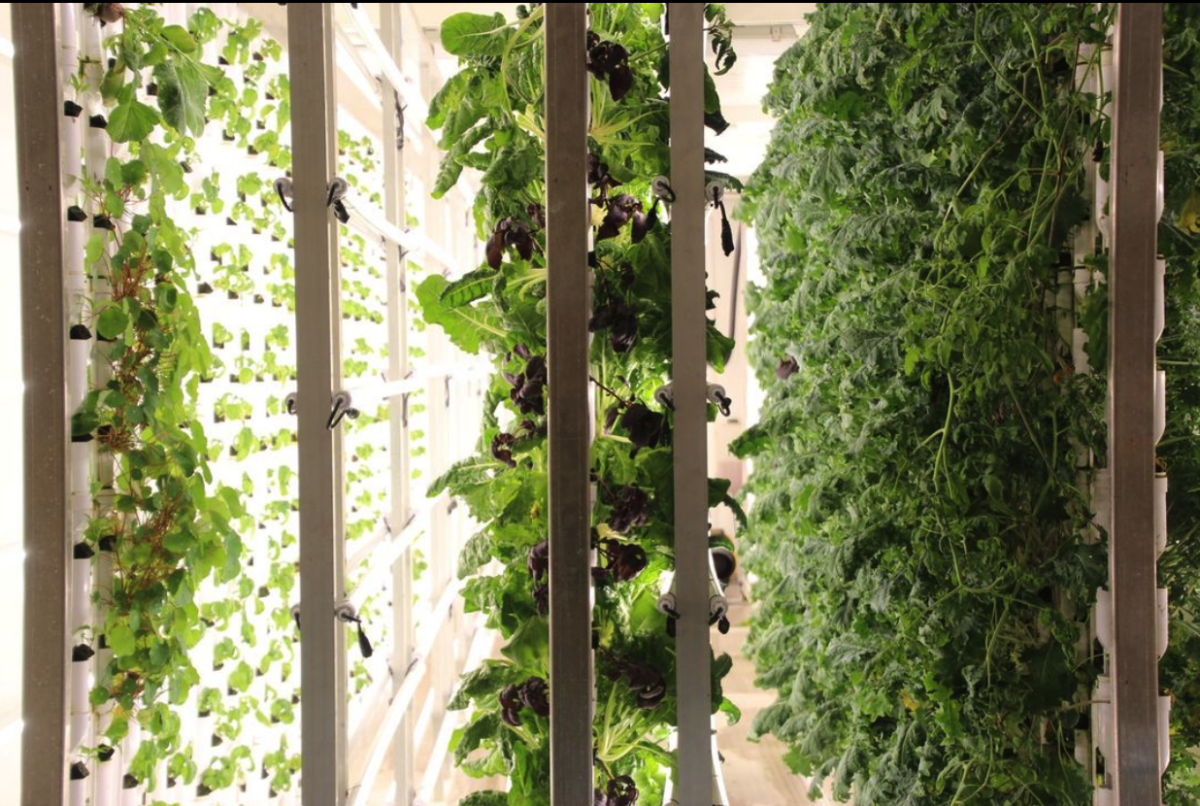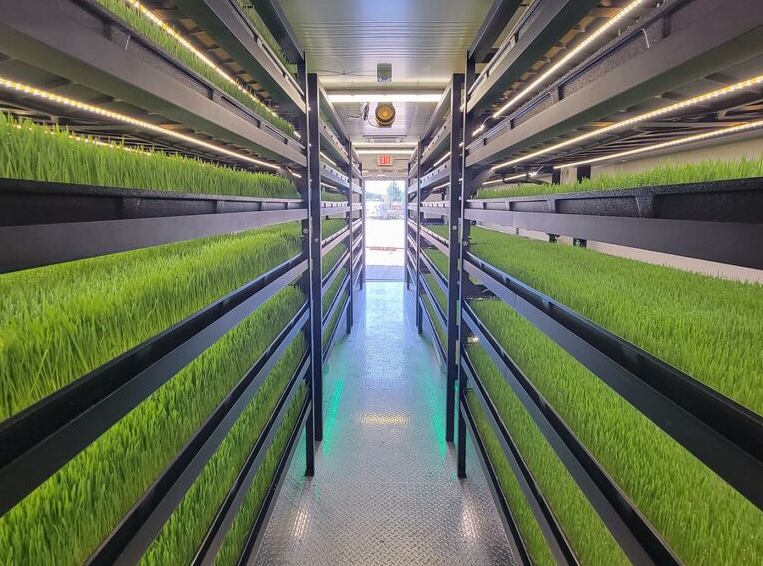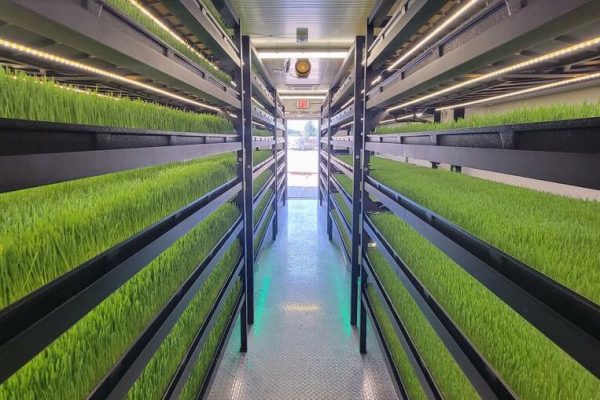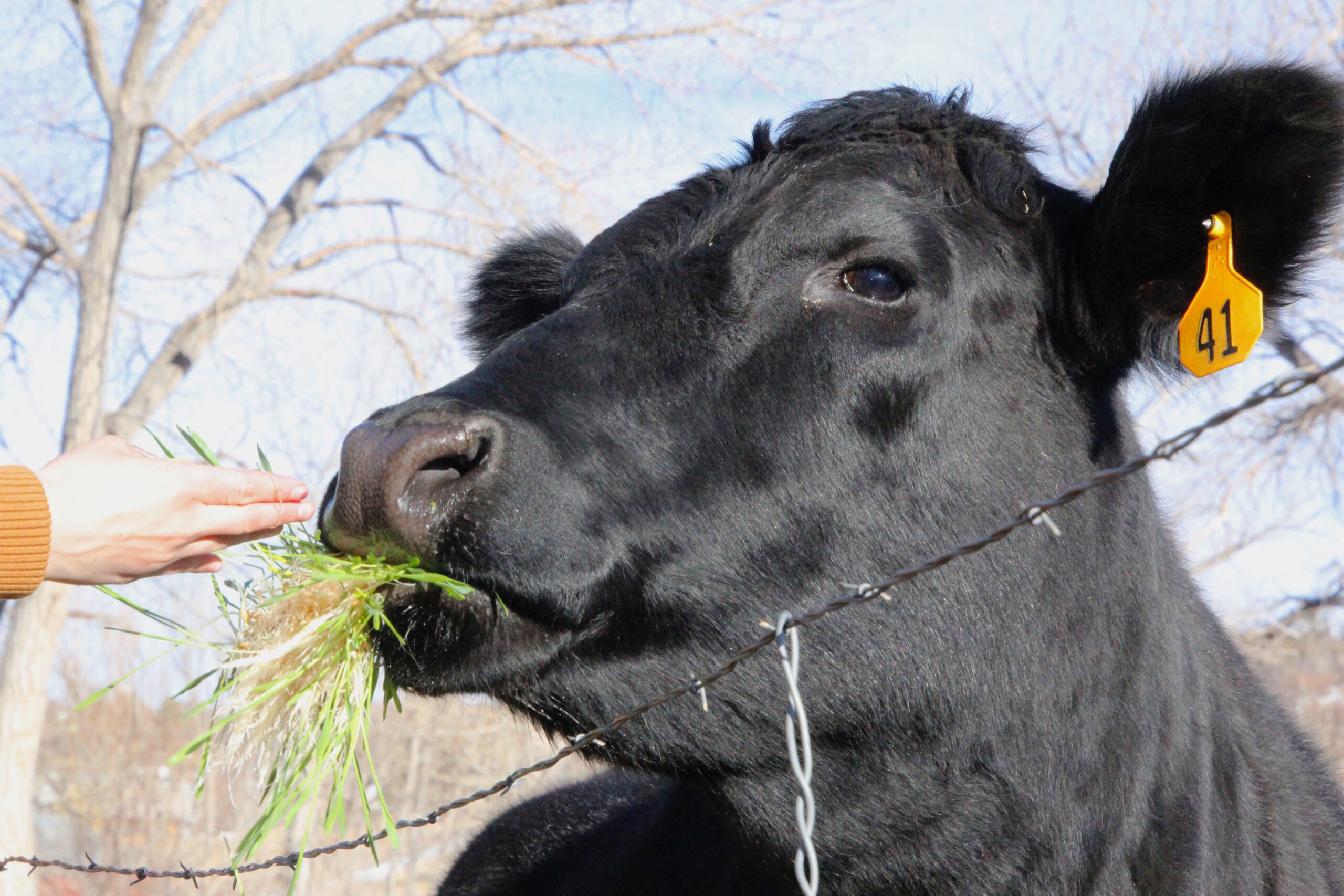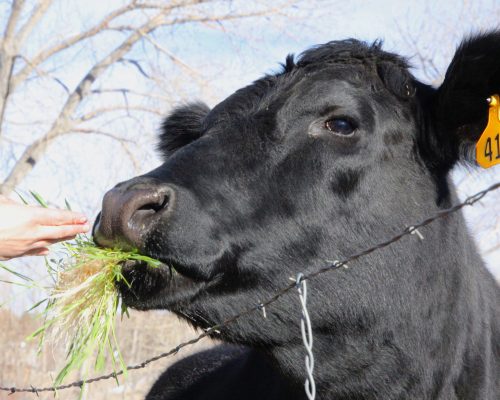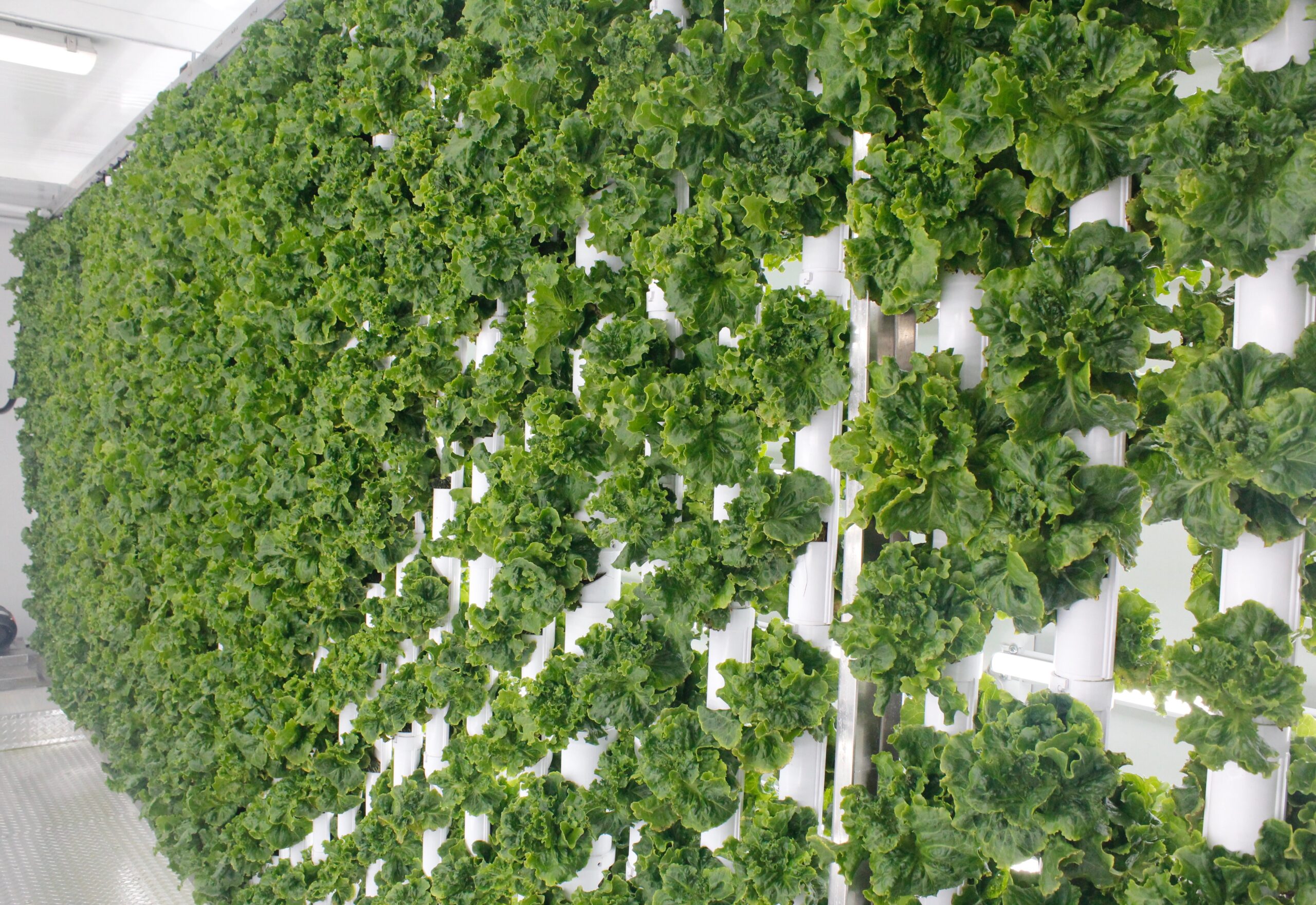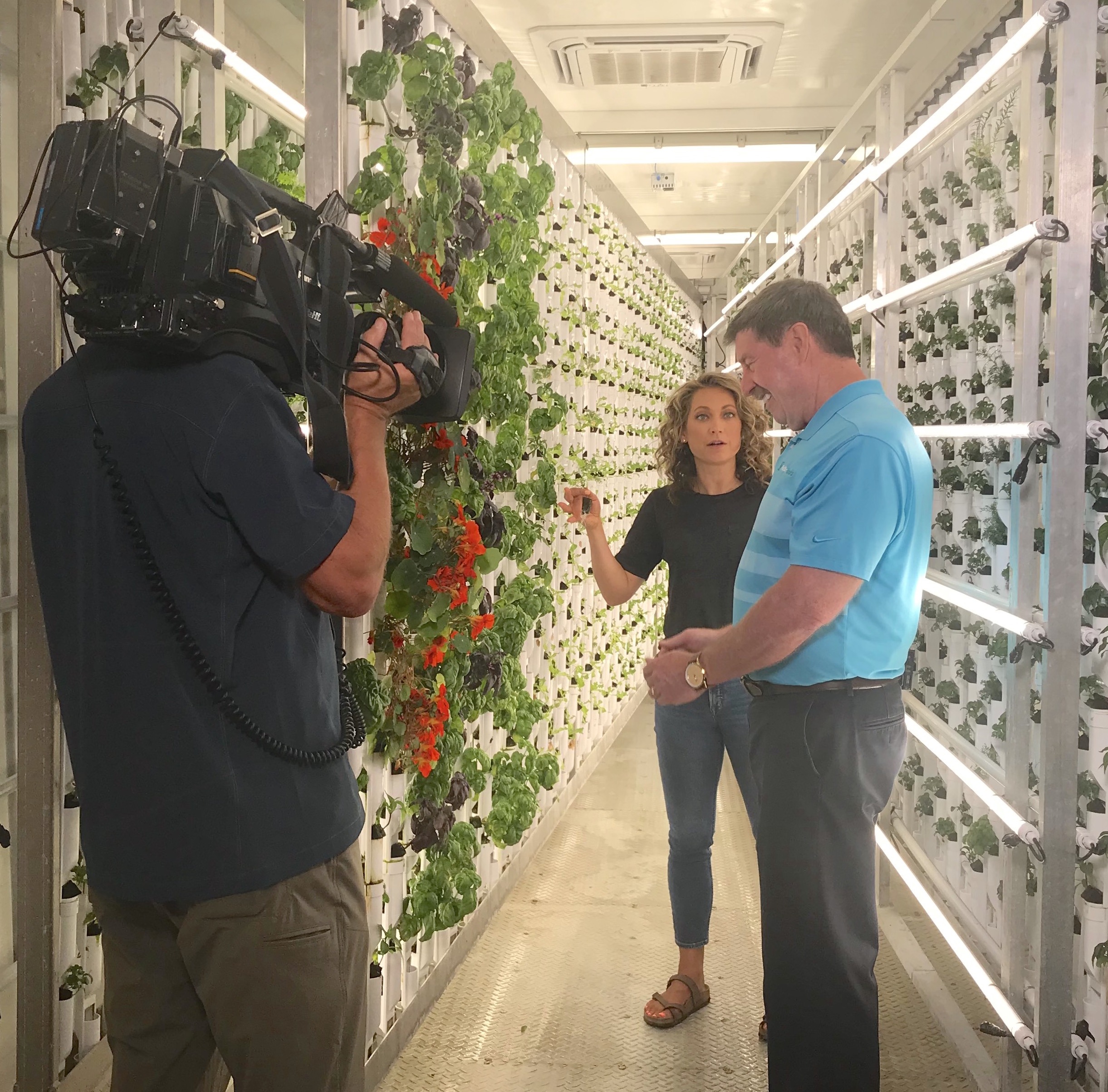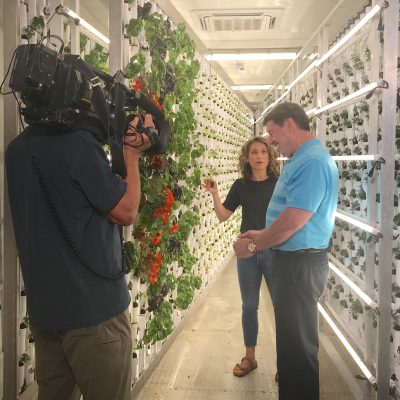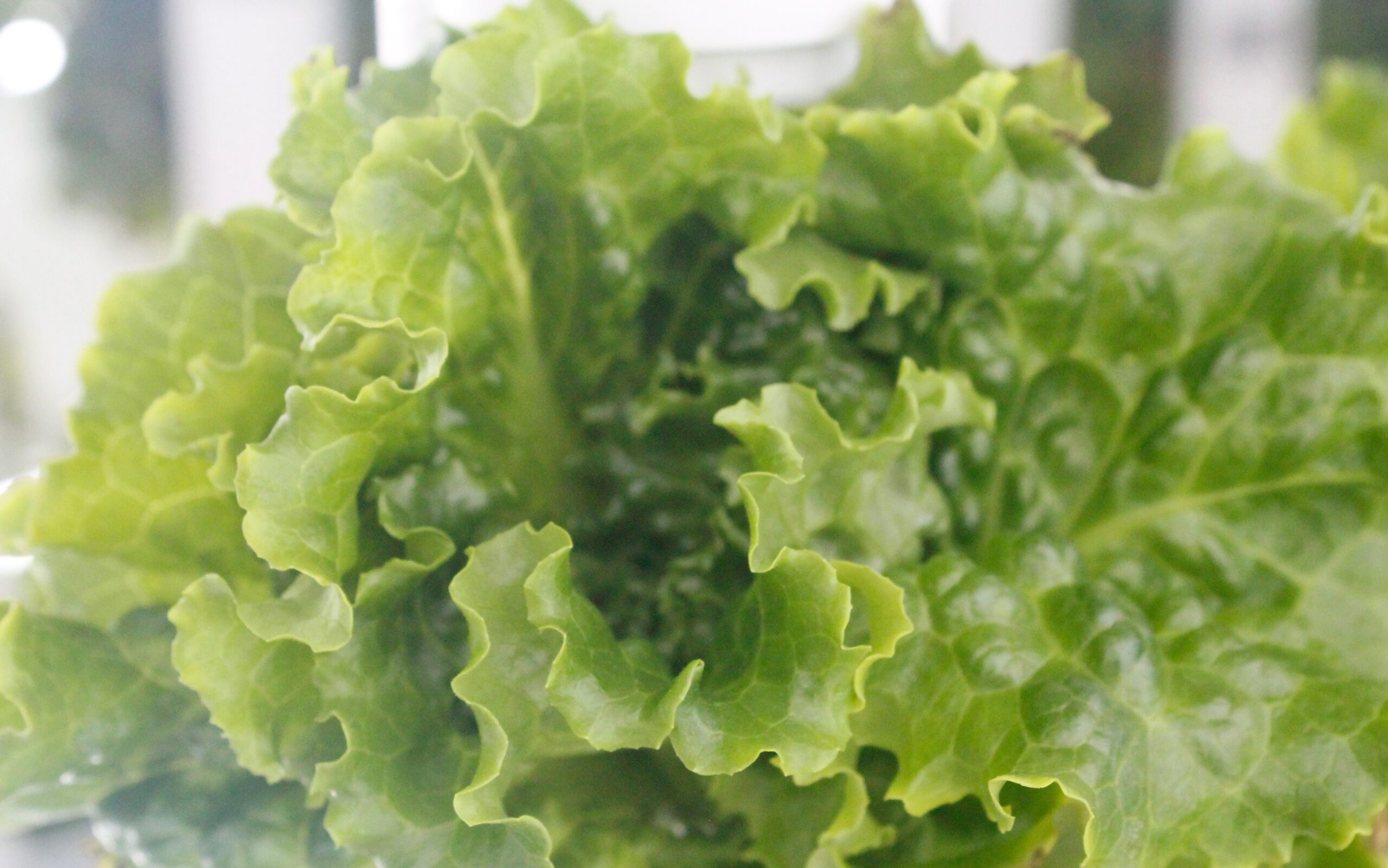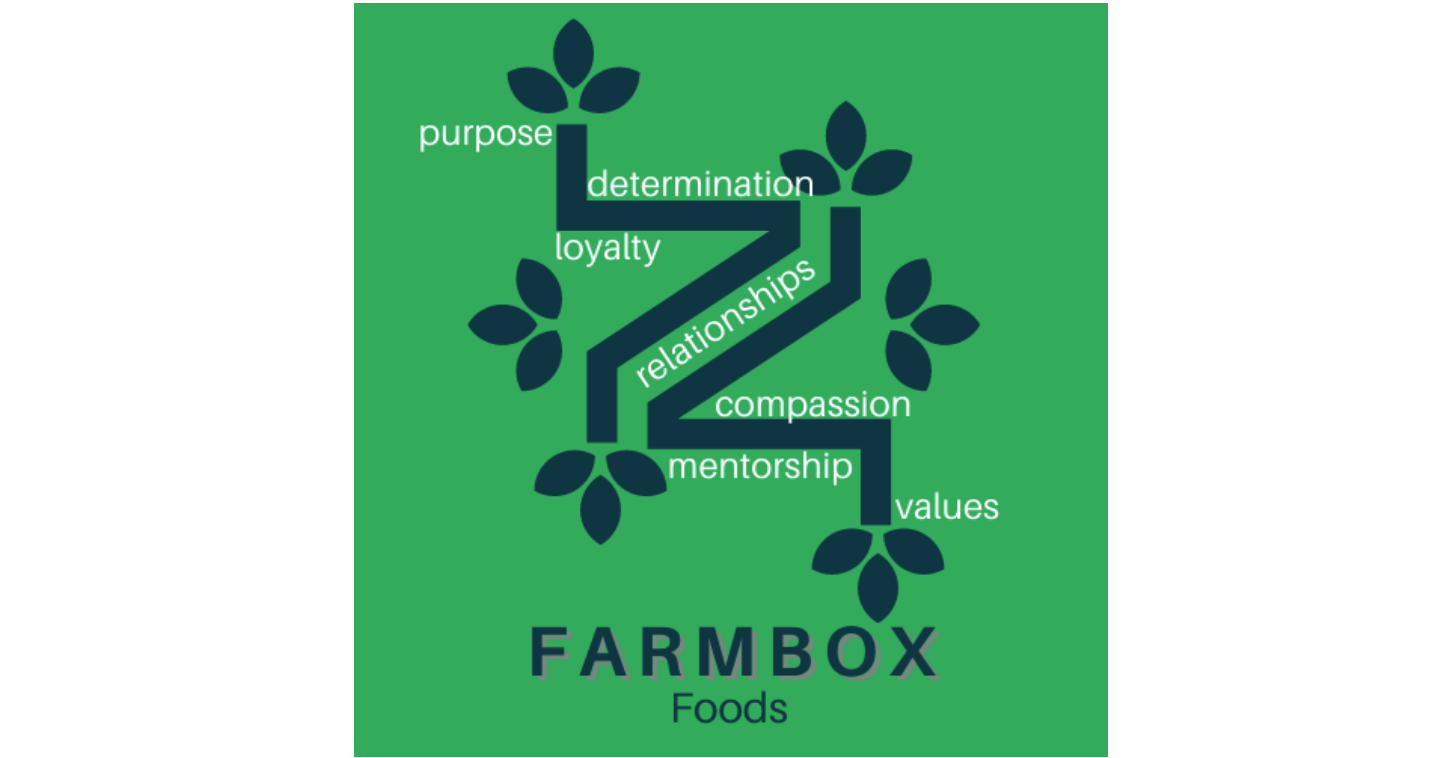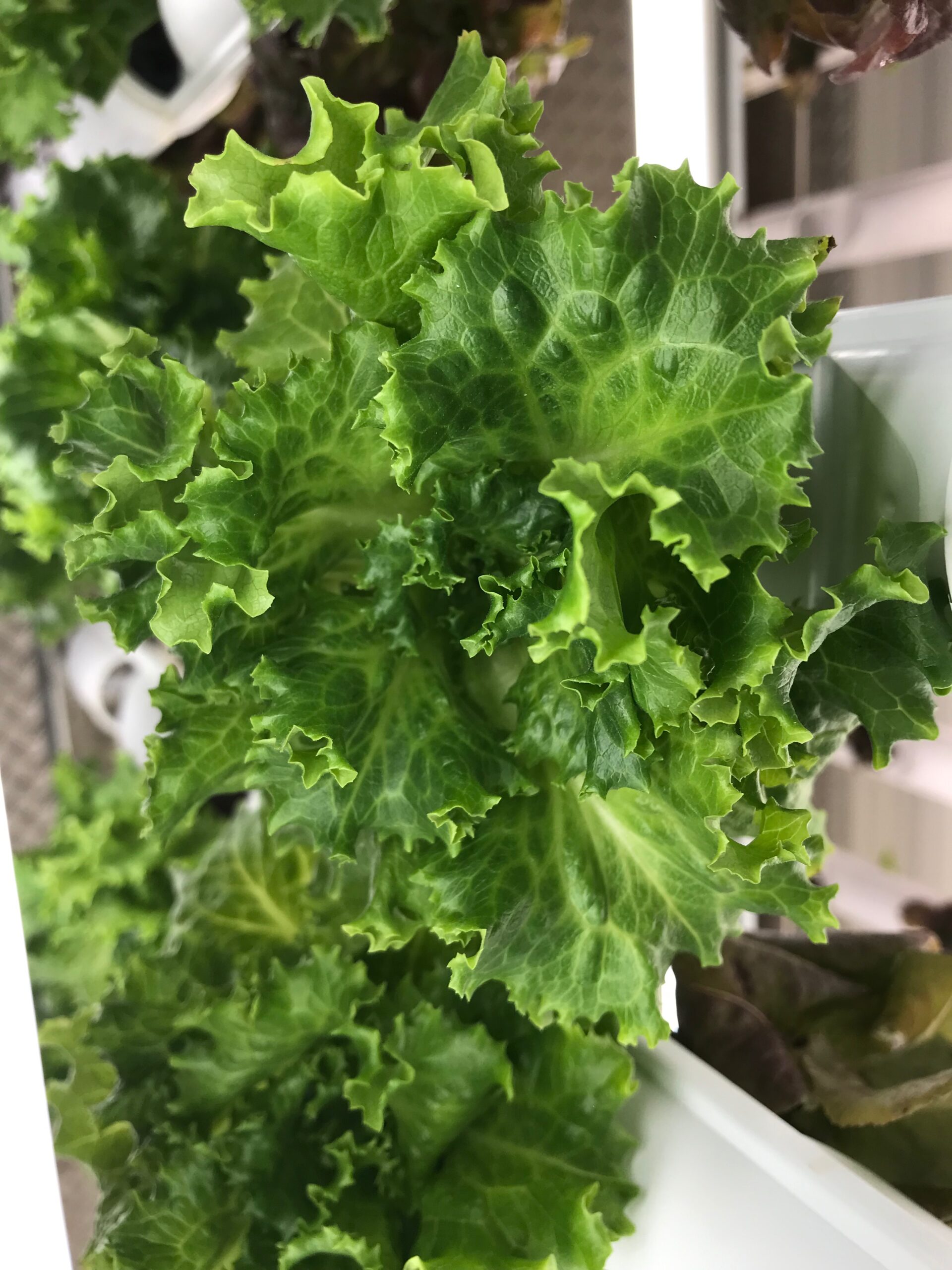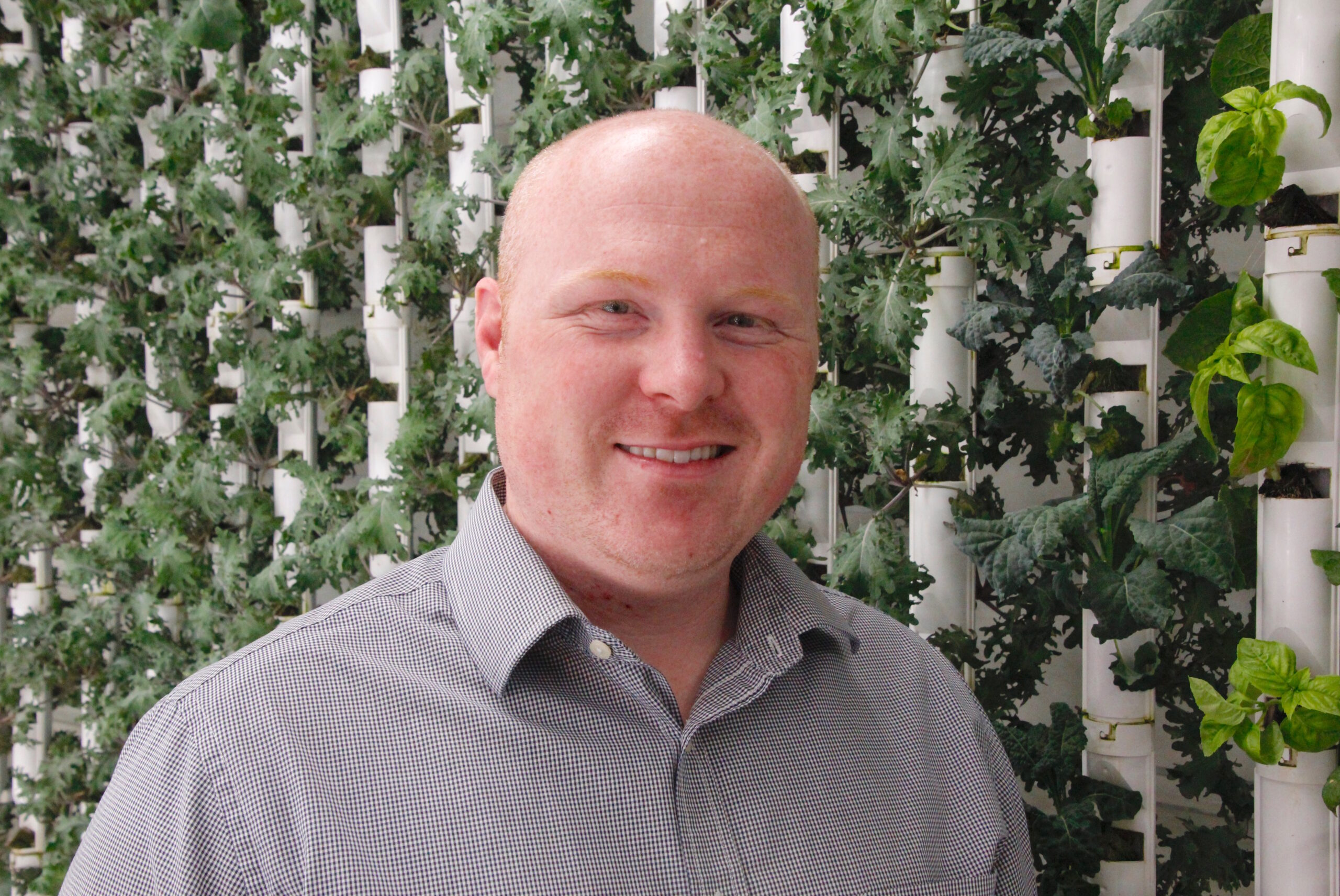What is influencing the increase in food prices and what can be done about it?
Rising food prices influenced by several factors
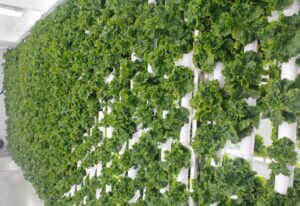
A confluence of global events and circumstances have some experts painting a grim picture for populations that already face food insecurity.
Recent spikes in food, fuel and fertilizer prices could lead to “destabilization, starvation and mass migration on an unprecedented scale,” said David Beasley, head of the U.N. World Food Program.
A recent U.N. analysis shows that “a record 345 million acutely hungry people are marching to the brink of starvation.” That’s a 25-percent increase from 276 million at the start of 2022, before Russia invaded Ukraine in late February. The number stood at 135 million people before the COVID-19 pandemic in early 2020, according to an ABC News article.
The war in Ukraine is having a continuing ripple effect on the global food supply. Russia and Ukraine together export 28 percent of fertilizers made from nitrogen, phosphorous and potassium, according to Morgan Stanley. The limited global supply has sent prices into the stratosphere — in some cases doubling the cost — and there are fears that high costs or the lack of availability will result in farmers using less fertilizer, leading to lower yields of commodities that are already constrained.
In early July, the Consumer Price Index report from the Bureau of Labor Statistics said that food prices in the U.S. increased 10.4 percent from June 2021 to June 2022.
Rising costs for any critical ingredient for running a farm — water, labor, fuel or fertilizer — translate to higher food prices. And when all four hit at the same time, disruption ensues, to the detriment of consumers, especially those who were already hanging on by a thread.
In all, worldwide experts fear crop yields will drop by 10-30 percent, and developing countries will be hardest hit.
The prevalence of “undernourishment” — when food consumption is insufficient to maintain an active and healthy life — continued to rise in 2021. The U.N.-commissioned report, “The State of Food Security and Nutrition in the World,” estimates that between 702 million and 828 million people faced hunger last year.
A grain shortage stemming from the Ukraine conflict is also driving up the cost of basic foods and other commodities, and corn and wheat are not getting out to the market because the Black Sea is closed. To top it off, drought conditions are crippling agricultural operations in several regions known for high output.
There’s a dearth of issues to navigate. But as The Shelby Report points out, crises stoke innovation. Agricultural adaptation is being employed, including the use of hydroponic container farms housed in upcycled shipping containers. The controlled-climate farms allow for uninterrupted, decentralized growing year-round and provide a stable environment to ensure reliable yields. Smart irrigation systems are being used more than ever, and data is driving decision-making at unprecedented levels in order to maximize available resources. Responses to climate change vary by location and commodity. Learn more about how the USDA is assisting food producers.
